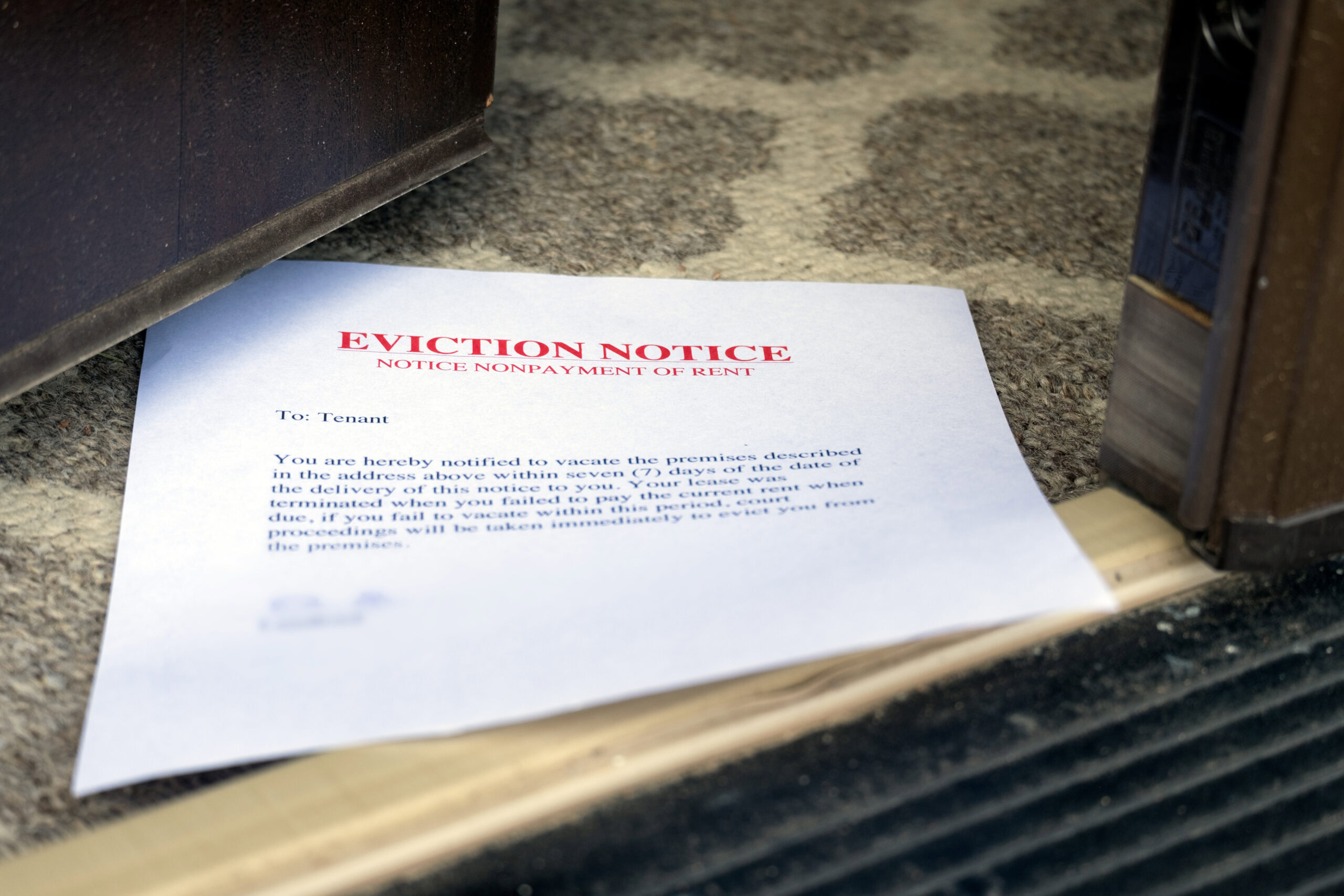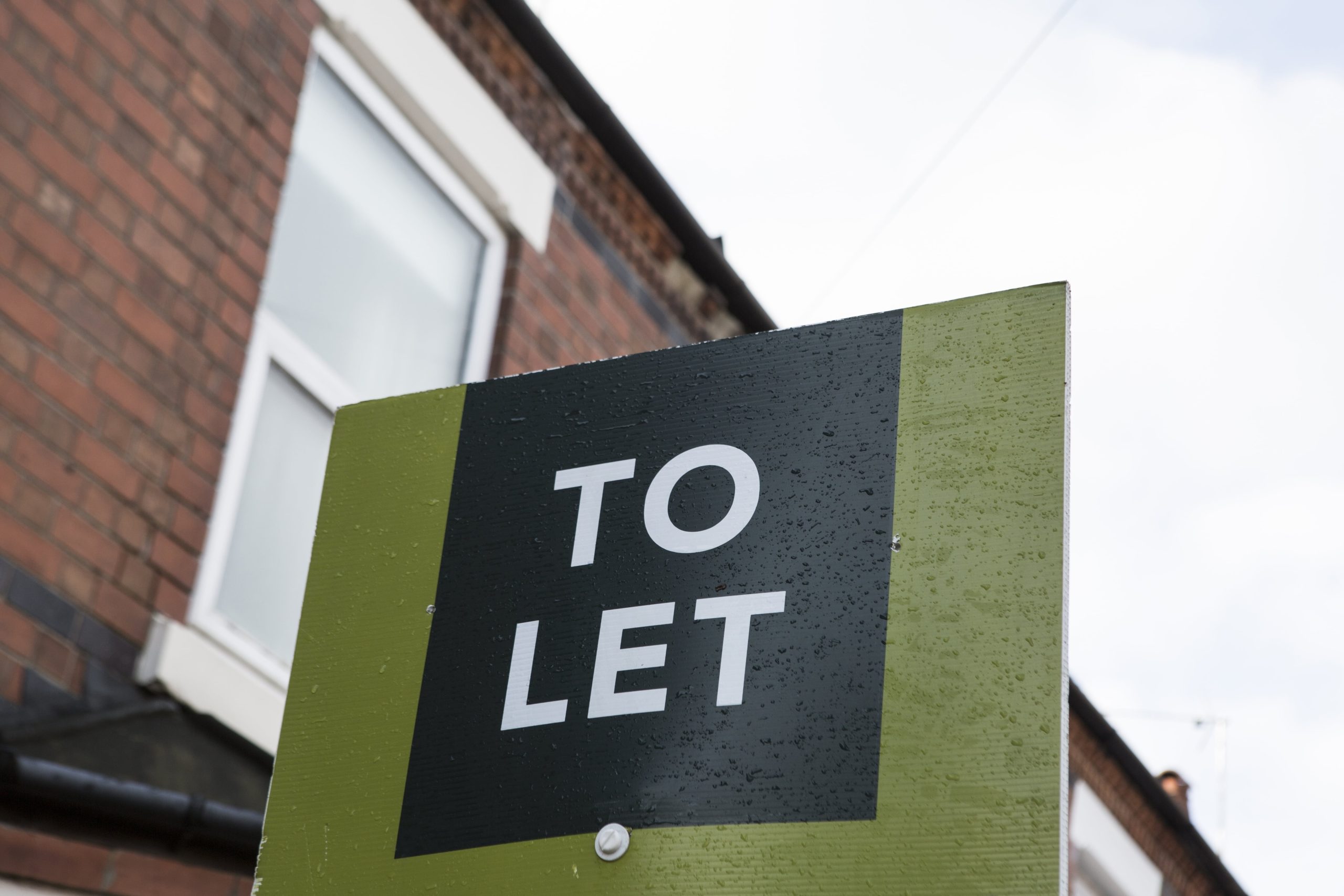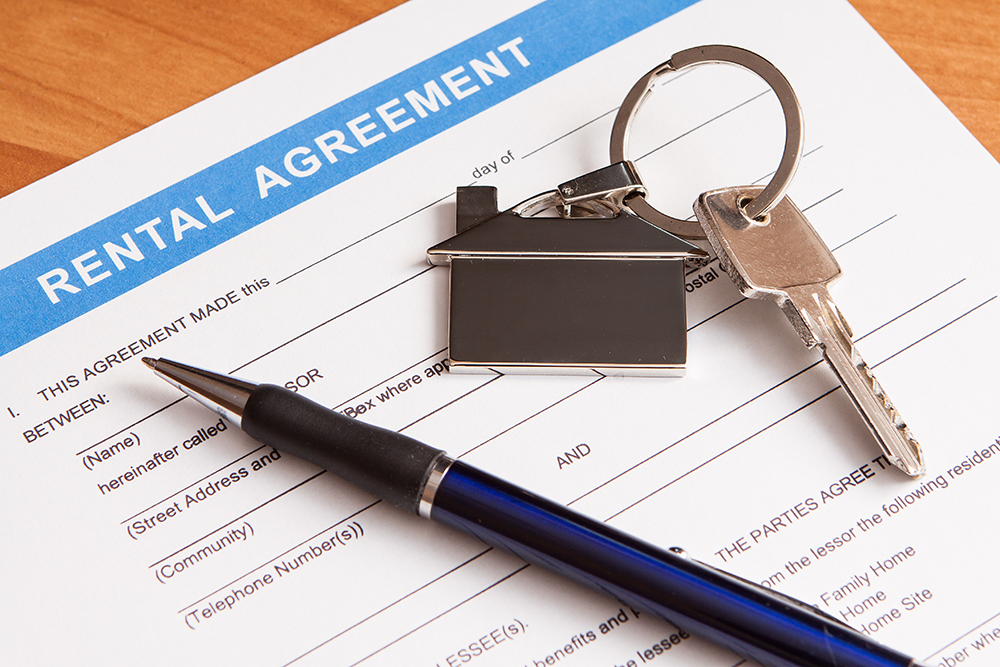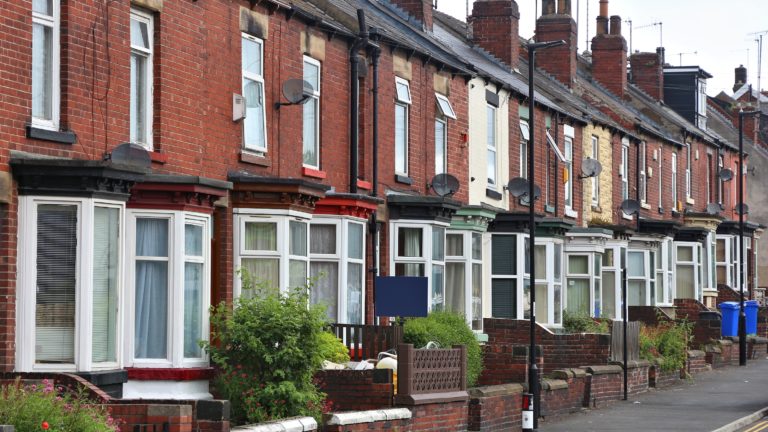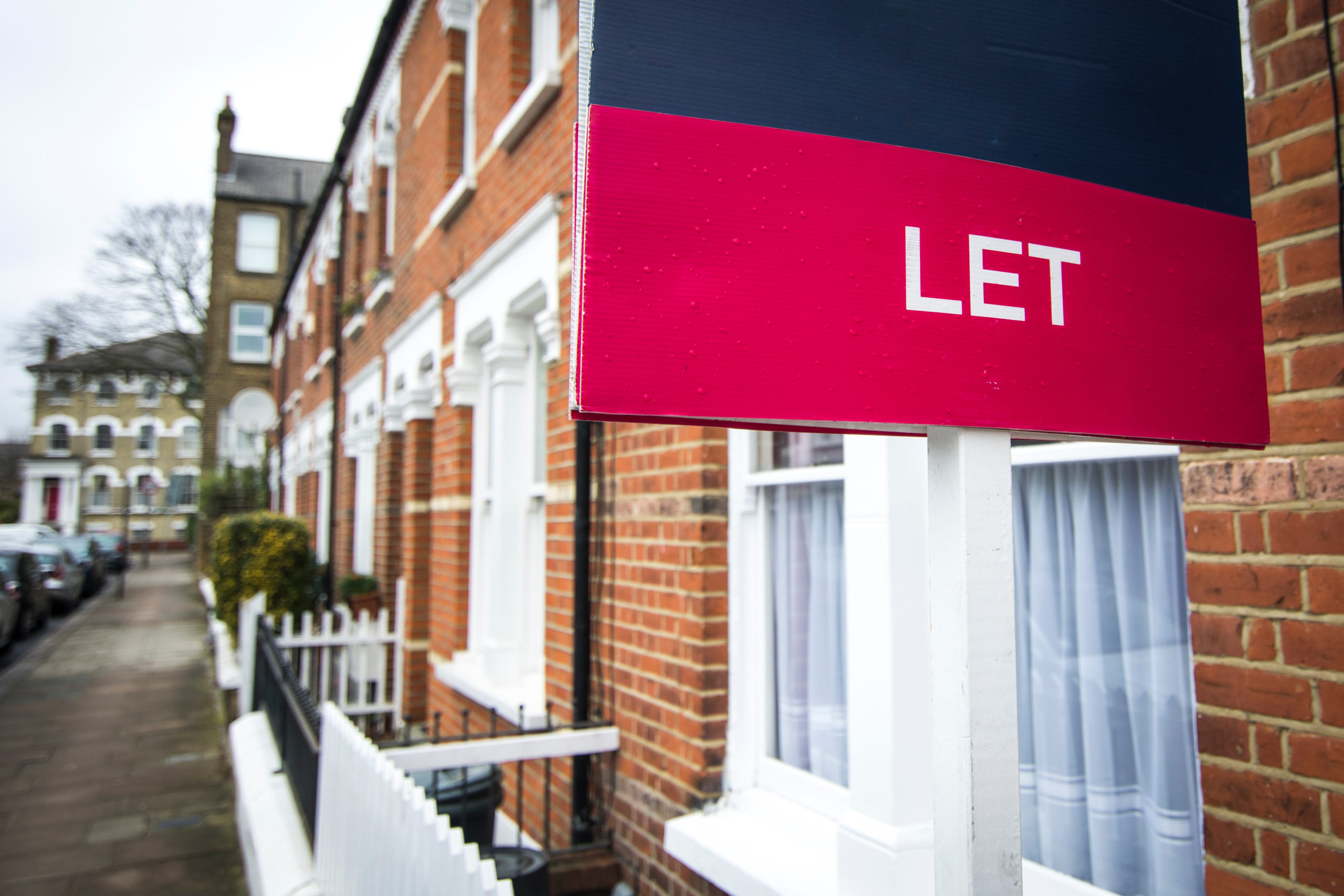New EPC targets are due to come into effect in 2030. We look at what those changes are, how they affect letting agents and landlords, and the penalties for non-compliance.
What are EPCs?
EPC stands for energy performance certificate. EPCs grade homes between A and G to show how energy-efficient the property is. Homes with an EPC rating of A are the most energy efficient, while those with a rating of G are the least efficient.
EPCs are valid for ten years and must be provided for all homes when they’re sold, rented, or built.
Currently, rented properties must have a minimum EPC rating of E. In other words, properties rated F or G cannot be rented out unless they are exempt.
What are the new targets for EPC ratings?
From 2030, rented homes will need to have an EPC rating of at least C. The new rule will apply to both private landlords and social housing providers (councils and housing associations).
It’s estimated that about 70% of social housing homes are already rated between A and C, which means just over one million properties will need to be upgraded to meet the required rating. In comparison, just 44% of privately rented homes have an EPC rating between A and C.
So far, no exact date has been given for when this change will happen – just that it will happen in 2030.
Letting agents and landlords also need to be aware that the Government has indicated there will be future changes to improve energy efficiency in rented homes.
What does this mean for letting agents and landlords?
Landlords have until 2030 to bring their rentals up to an EPC rating of C or higher. The alternative is to sell the property before the new rules come into effect.
To get ahead of the changes, letting agents may want to check the current EPC ratings of properties on their books. Particularly, if you’re aware that a landlord has recently upgraded a property which may have already improved its energy efficiency rating (although to determine if improvements have changed the EPC rating, the landlord will need to pay for a new property assessment, after which a new certificate will be issued).
Otherwise, reminding landlords that the rule change is coming can spur them into action sooner rather than later. At the current rate of improvements, property agents Hamptons estimate that it will take until 2042 for all rental homes to meet minimum standards.
What happens if landlords don’t comply with the new EPC targets?
Current penalties mean landlords can be fined up to £5,000 per property that fails to meet minimum standards. Fines are issued by local authorities, but it’s not yet known if penalties will stay the same or be increased.
Can properties be exempt from EPC rating changes?
Yes. For some properties, the cost of meeting EPC standards is so high or impractical that landlords can apply for an exemption. Exemptions are also made for properties where improvements would change or negatively affect their structure. You can find out more about exemptions in our guide to EPC ratings.
If you’ve got potential landlords wanting to rent property below the minimum level (either at current levels or in the future), and the exemption applies, you’ll need to wait until it has been registered before it can be rented.
How much will the changes cost?
The total cost of bringing all rented homes up to an EPC rating of C is estimated to be just over £24 billion (across England, Wales, and Scotland).
The cost for individual landlords very much depends on the current state of the property and what changes need to be made. For some, achieving a C rating will be relatively inexpensive in terms of the long-term benefits. For others with much older properties or those that are listed, it’s a far greater challenge and could cost several thousands of pounds.
To help landlords meet the cost of upgrades, the Government has said it will set aside £13.2 billion in grants and low-interest loans over the next five years. The money is expected to be managed by local councils under the Warm Homes: Local Grant scheme. Eligible landlords will be able to apply for up to £30,000 to put towards energy efficiency improvements in their first rental property. Additional properties will be funded up to £15,000.
Currently, the plan is for grants to only apply to some properties. This includes those in certain postcodes (based on deprivation factors), or where tenants are on a low income or receive certain benefits.
Support and guidance for lettings agents and landlords
Raising energy efficiency in homes benefits both tenants and landlords in the long term, but industry experts have also made it clear that there needs to be a clear plan for how that happens.
If you’re looking for more information for you or your existing landlords, you can take a look at our lettings knowledge bank. Plus, if you’d like more guidance on specific products, you can contact a member of our team at 01603 649727.
Information provided in this article was correct at the time of publication. This article is intended as a guide only. Please note that legislation does change, it is always best to check the most up to date guidance on gov.uk.





